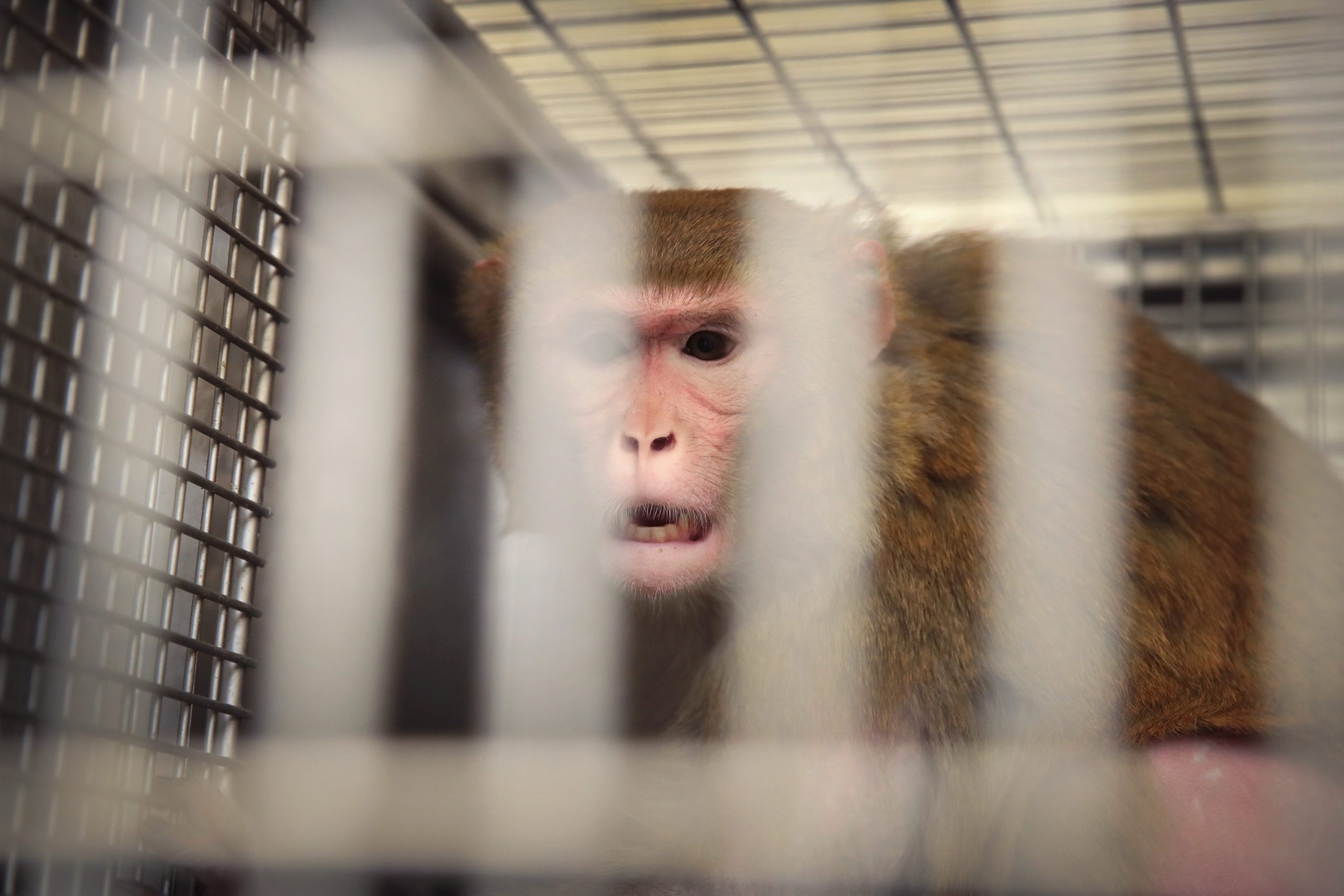For years, animal rights advocates have voiced concerns that animal welfare laws lack teeth. A recent report throws this issue into stark relief, suggesting that companies and individuals found mistreating animals often face minimal consequences, prompting a debate about the effectiveness of current regulations and the need for stronger enforcement.
A Slap on the Wrist for Animal Abuse
Imagine this: you illegally park in a one-way street, and a police officer witnesses the infraction. You’d likely expect a fine, right? The same logic should apply to businesses that mistreat animals, but unfortunately, a recent case highlights a troubling trend. This summer, a US Department of Agriculture inspector visited an Ohio dog breeder and found a 4 1/2-year-old female Maltipoo in alarming condition. The dog was missing several teeth, had significant gum recession, and even the remaining teeth were loose. The consequences? A mere warning, devoid of any real repercussions.
This isn’t an isolated incident. The report details similar cases across the country, revealing a pattern of weak enforcement and lenient penalties for animal welfare violations. Three years prior, the same breeder received another warning.
Why the Lack of Enforcement?
Several factors contribute to this perceived lack of enforcement. One key issue is the limited resources allocated to animal welfare inspections and investigations. With a vast number of facilities to oversee and a relatively small team of inspectors, it’s challenging to thoroughly investigate every complaint and ensure compliance with existing regulations.
Another factor is the ambiguity and loopholes within the current laws themselves. Animal welfare regulations can vary significantly from state to state, creating a patchwork of standards and enforcement mechanisms. This inconsistency makes it easier for abusers to exploit legal loopholes and avoid meaningful penalties.
The Road Ahead: Strengthening Animal Welfare
The current state of affairs raises serious questions about the effectiveness of animal welfare laws in the US. Advocates are calling for a multi-pronged approach to address this issue, including increased funding for inspections, stricter penalties for violations, and more comprehensive and consistent regulations across all states.
Ultimately, ensuring the humane treatment of animals requires a collective effort from lawmakers, regulatory agencies, and the public. By demanding stronger enforcement and supporting organizations dedicated to animal welfare, we can create a system that truly protects vulnerable creatures from abuse and neglect.
Based on materials: Vox





